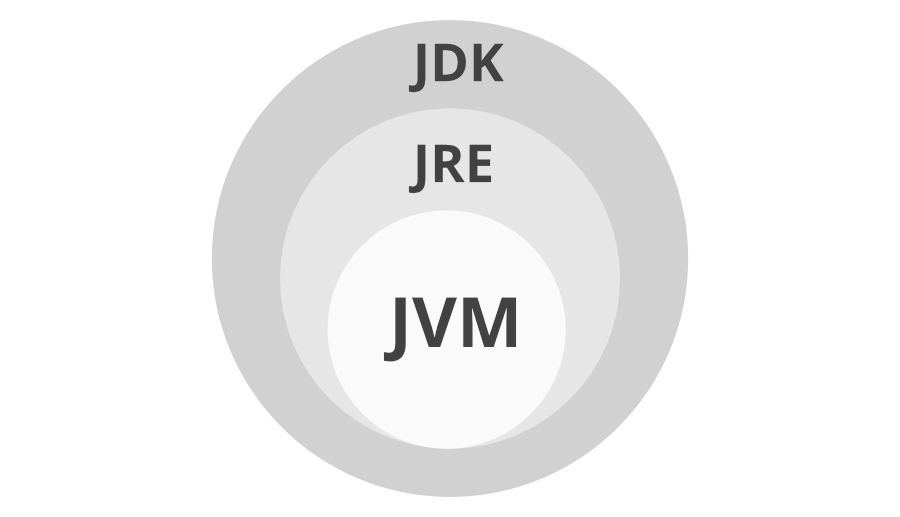JDK, JRE, and JVM are all important components of the Java platform, but they serve different purposes.
JVM stands for Java Virtual Machine, which is an abstract machine that runs Java bytecode. It provides a runtime environment in which Java programs can run, regardless of the underlying operating system and hardware. JVM interprets the Java bytecode and executes it on the underlying system.
JRE stands for Java Runtime Environment, which includes the JVM, as well as libraries and other files necessary for running Java applications. JRE does not include development tools such as compilers and debuggers.
JDK stands for Java Development Kit, which includes the JRE, as well as development tools such as the Java compiler, debugger, and other tools needed to develop Java applications. The JDK is used by developers to create Java applications, and it includes all the necessary tools to develop, debug, and run Java code.
To summarize, the JVM is the runtime environment that executes Java bytecode, the JRE is the JVM plus libraries and files needed to run Java applications, and the JDK is the JRE plus development tools needed to create Java applications.AA
